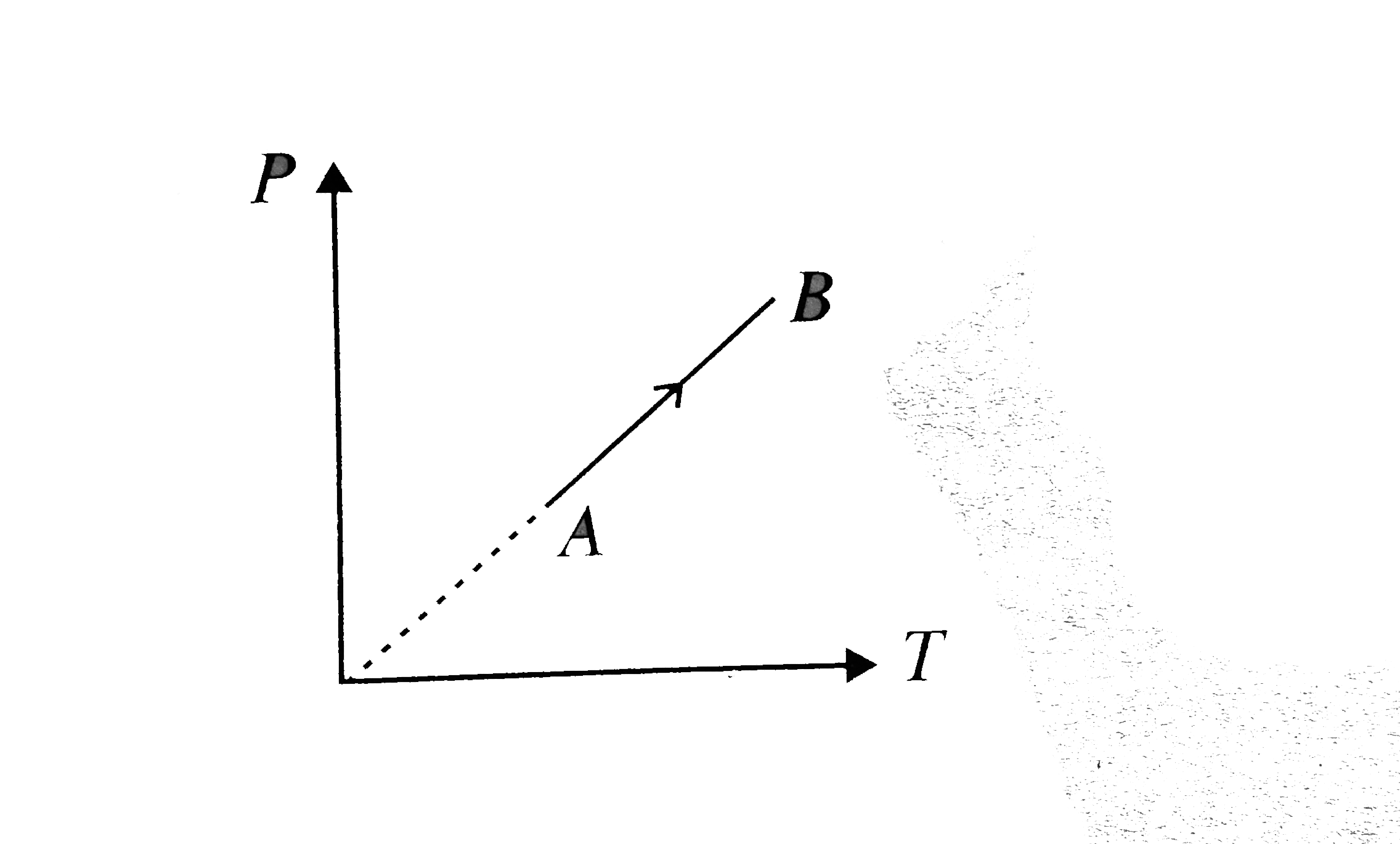Assertion (A): The Joules -Thomon coefficient for an ideal gas is zero.
Reason (R ) : There are no intermlecular attactive forces in an ideal gas.
A
Positive
B
Negative
C
Zero
D
Dependent on molecular weight
Video Solution
Text Solution
In an ideal gas, there is no force of attraction between molecules. Hence, no heat is lost in the expansion.
|
Topper's Solved these Questions
- THERMODYNAMICSBOOK - CENGAGE CHEMISTRY ENGLISHCHAPTER - THERMODYNAMICSEXERCISE - Exercises (Assertion-Reasoning)
23 Videos
- THERMODYNAMICSBOOK - CENGAGE CHEMISTRY ENGLISHCHAPTER - THERMODYNAMICSEXERCISE - Exercises (Interger)
10 Videos
- THERMODYNAMICSBOOK - CENGAGE CHEMISTRY ENGLISHCHAPTER - THERMODYNAMICSEXERCISE - Multiple correct Answer Type
2 Videos
- STOICHIOMETRYBOOK - CENGAGE CHEMISTRY ENGLISHCHAPTER - STOICHIOMETRYEXERCISE - Archives Subjective
33 Videos
Similar Questions
The energy of an ideal gas is
View SolutionWhat is an ideal gas?
View SolutionThe molar heat capacity for an ideal gas
View Solutionisothermal elasticity of an ideal gas is
View SolutionDuring the process AB of an ideal gas

View SolutionDuring the process AB of an ideal gas

View SolutionZ for ideal gas is...........
View SolutionAn ideal gas is that which
View SolutionIn case of an ideal gas, Joule Thomson coefficient is -
View SolutionA gas behaves as an ideal gas at
View Solution
